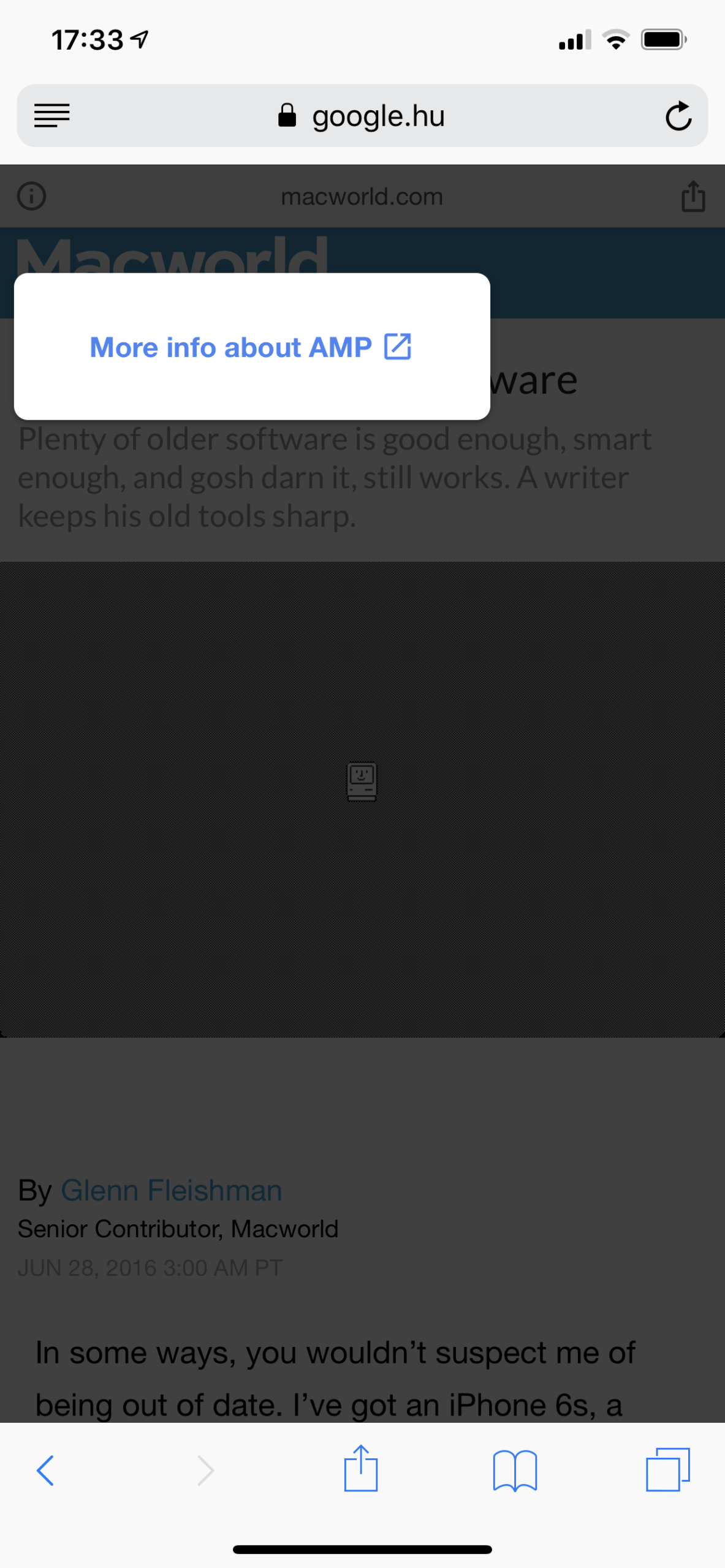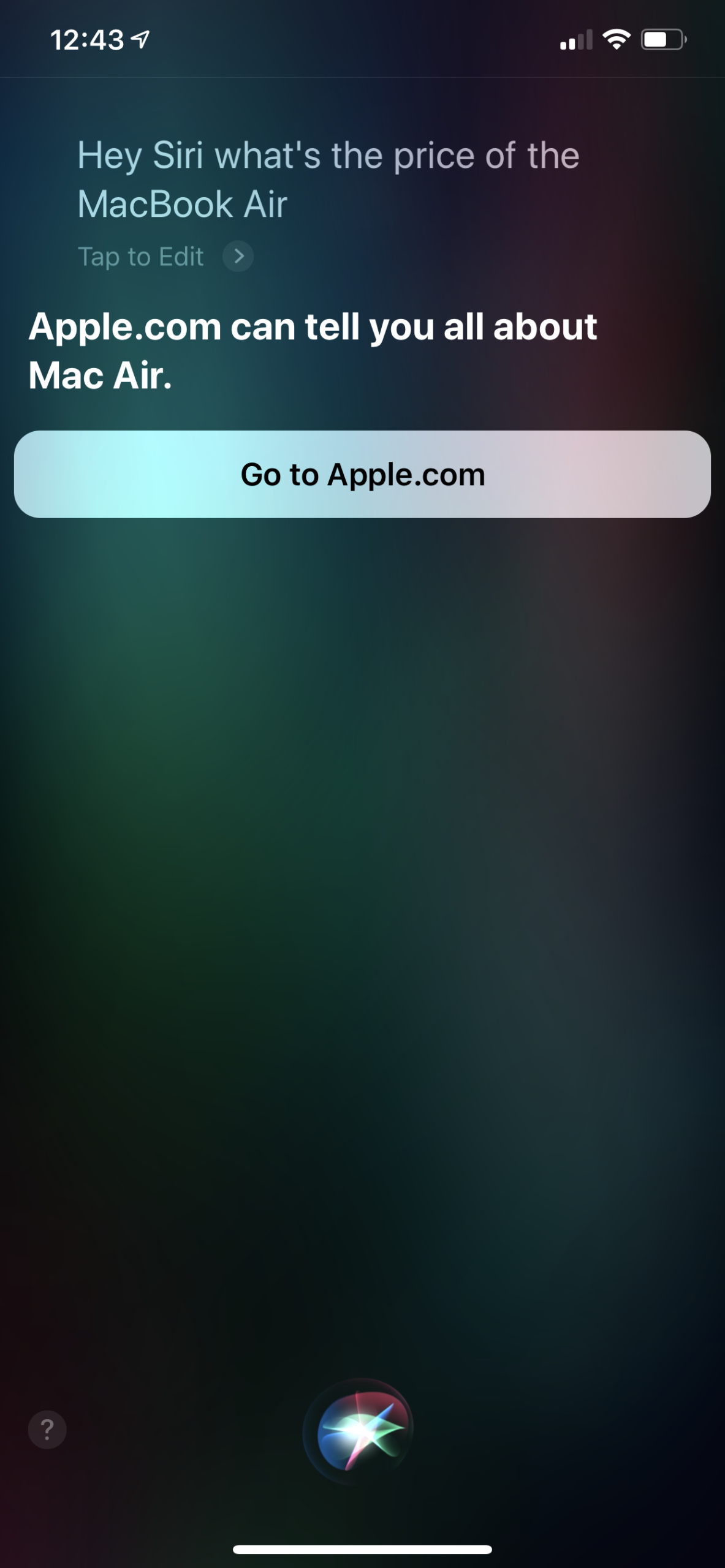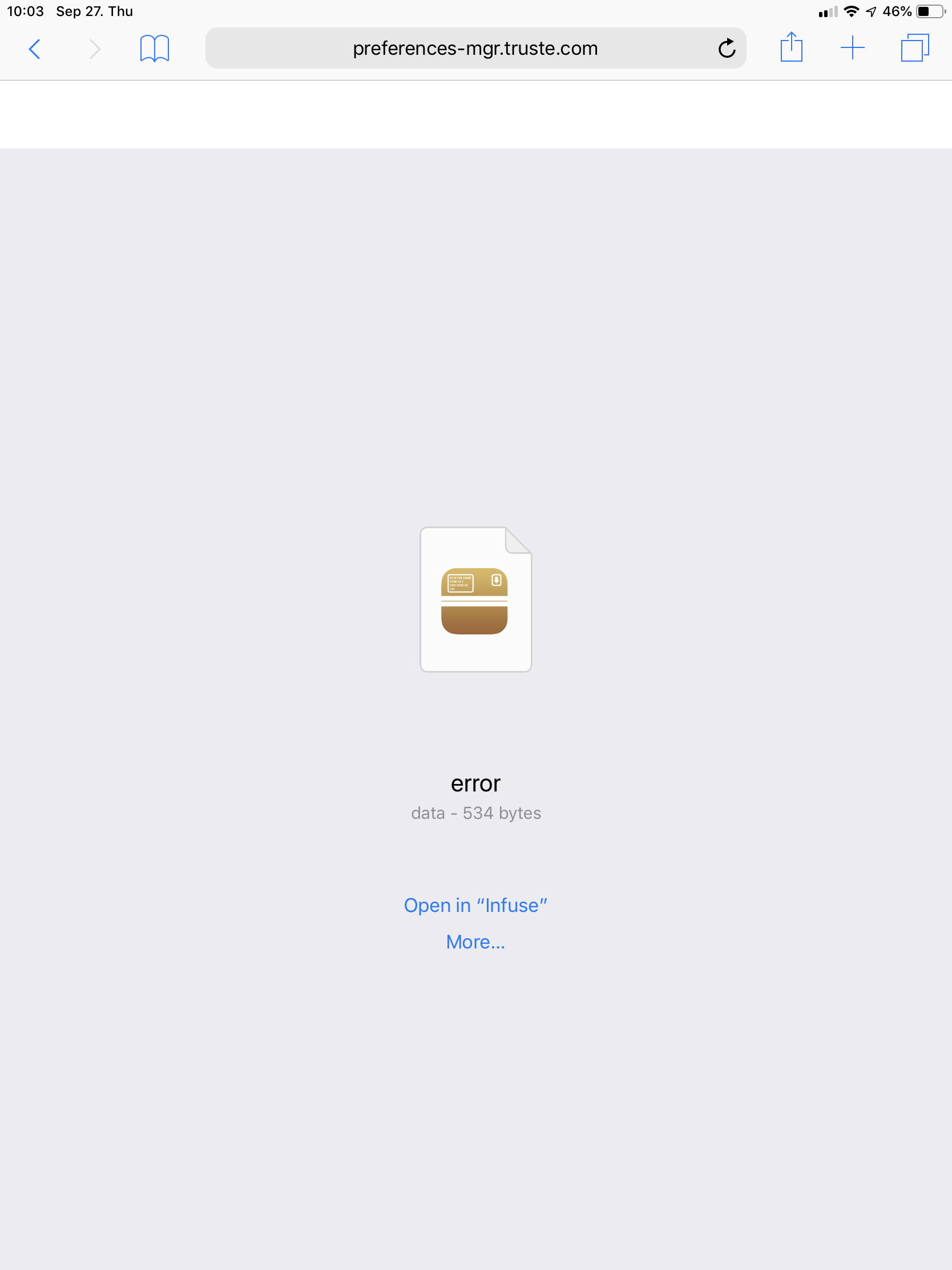After months of work, I’m switching back from Jekyll to WordPress. I’m just tired of regenerating my website every time I want to post something to it.
The best: I can use MarsEdit again!
After months of work, I’m switching back from Jekyll to WordPress. I’m just tired of regenerating my website every time I want to post something to it.
The best: I can use MarsEdit again!
Mesmerizing Translucent Waves from 19th Century Paintings

What separates Aivazovsky’s seascape paintings from others is his ability to replicate both the intensity and motion as well as the translucency and texture. His energetic waves and calm ripples are equally effective.
That glow! I have no idea how you can create an effect like that on a simple painting.
After playing around with the idea for a while, I'll switch from OmniFocus to the new Reminders app, because I'm curious how well it works as a simple GTD app. I still envy the deeper Siri/Shortcuts and iOS integration.
I've just started playing around with Shortcuts in iOS 13.
This thing is gonna be huge! ?
Just a quick tip for LaunchBar and Apple Music users.
I started to research a couple of money-related topics, like investment, frugality or how can I make a passive income. I see the following patterns emerging:
It’s very important to think about investments in the long term. I can’t get a 50% profit in a day, it’s more likely that my funds will get a 5-10% percent increase in 25-50 years. If you’re making millions on stocks or something, it’s very likely that you had luck or it’s your job that you do all-day. For me, it’s more appealing when people take their time, research and understand their investments. I like this related Warren Buffett quote:
Never invest in a business you cannot understand.
I have to reconsider my relationship with money. It’s important to think about every purchase as an investment. Every asset/tool I buy has to have a job.
There is a need to stop the urge to buy new stuff constantly. If I always chase after new things, then I’ll miss the ones I already have. I want to invest more time into rediscovering what I have and sharpening my existing tools.
I have to make a habit of checking YNAB Trends on a weekly basis. It gives me the statistics required to know where my money went, so I can adjust my budget, but more importantly, I can reflect on how well my purchases serve me.
That moment when you dictate to your Apple Watch, press Done, and it replaces some parts of the perfectly understood text to something stupid.
Really cool looking wallpapers for all Apple devices. It also has versions for displays with P3 color.
Okay, I had enough with that bullshit that Google does with AMP. I can’t even find the link to the original site anymore, it just loads this dumbed down version and that’s it. It feels like using WAP again…

I’m switching to DuckDuckGo everywhere. At least they don’t fuck around with the open web (and have a dark theme). I’ll use LaunchBar or bangs when I need to search something on quickly Google.
David from Raptitude:
If you time-traveled to the 1960s, or even the 1980s, and tried to describe smartphones to the people you met, they wouldn’t believe you.
It would simply seem too good to be true—an affordable, pocket-sized device that provides:
- instant telegrams or phone calls, from anywhere to anywhere, usually free
- maps of virtually every city or rural area, even showing current traffic conditions
- searchable encyclopedias
- up-to-the-minute news about anything in the world
- step-by-step instructions for doing virtually anything
- quick translations between dozens of languages
- endless articles, courses, movies and TV shows
- a camera that takes stills and video, and can transmit them to anyone instantly
- the means for anyone to create their own regular column or newsletter, or audio or video broadcasts
- the ability to adopt new functions at any time, usually for free
These are just a few basic smartphone functions, but to your new friends, they would all sound like life-changing superpowers. Their imaginations would run wild at how much easier such powers could make their lives.
They might assume that due to these devices alone, people of the 21st century will be achieving their most important goals at multiplied speed. It would be hard for them to believe that even one of those superpowers—the ability to find decent instructions for virtually any task, for example—wouldn’t make a person vastly more capable and fulfilled. Imagine what would they pay for those powers.
This is a very inspiring thought to guide my smartphone usage, but I don’t agree with the rest of the article. I’m reading stuff like this for years now, and we’re are always returning to the same solution: limit your smartphone usage which will solve your control problems. Also, it’s always the phone’s fault. You are the one who sets up stupid notifications and installs time-wasting apps, not the phone.
You can set up rules of what you’re going to install, but don’t blame the phone. It’s your fault if you can’t stop using social media or playing stupid games. Just remove them, don’t try to invent systems and blame it on the tool.
Also, I never understood people who just toss away their devices, then call themselves zen. You clearly have a problem of control. Throwing away a tool that can help you with so much is just ignoring a problem. It is true that a smartphone can feel like a superpower, but you know:
With great power comes great responsibility.
This is very similar approach to my workflow for solving problems with DEVONthink and MindNode:
Small apps to help you become more productive and maximize your workflow with MacOS.
A great collection of menubar apps, although I haven’t found anything here that I need or don’t have already.
This is the weirdest, nerdiest, most awesome, and most detailed setup post from Stephen Wolfram I’ve read in a while.
I can’t quote one thing that represents this article, but I like the idea of having a camera which hangs over my desk, so I can present papers and iOS devices used in real-time on a screen share.
You know, why not fix our piece of shit Electron thing? We could easily make a native app by hiring couple of developers. Let's make an app that respect the design of the OS, works with the built-in spell checker, don't eat all the RAM and battery in the world.
After 6 years in jail, Hossein Derakhshan gets familiar again with this new social network based web again. He was sentenced in 2008 when blogs were everywhere, now he is back into today’s internet where the mainstream is a centralized ad and surveillance machine.
Two paragraphs hit me really in this post. First about popularity and opinions:
Popularity is not wrong in and of itself, but it has its own perils. In a free-market economy, low-quality goods with the wrong prices are doomed to failure. Nobody gets upset when a quiet Brooklyn cafe with bad lattes and rude servers goes out of business. But opinions are not the same as material goods or services. They won’t disappear if they are unpopular or even bad. In fact, history has proven that most big ideas (and many bad ones) have been quite unpopular for a long time, and their marginal status has only strengthened them. Minority views are radicalized when they can’t be expressed and recognized.
This is one of the reasons why we see a decline in the quality of mainstream media. It’s prioritized by a centralized algorithm sorted by popularity which always just a thin layer of information that people are allowed to see. And the majority are okay with that. They’re losing their curiosity and the ability to deep dive into something. They are just scrolling mindlessly while the same time getting impatient. That’s why we see a lot of fake news spreading quickly. It’s not because false information is a new phenomenon, but because people are caring less.
In the blogging era, the key to discovery was the hyperlink which wasn’t organized into a convenient stream, but it was presented as a mesh of information where you were forced to take a deep dive. I love to take deep dives because that’s how I learn. A prioritized stream takes away this experience and makes the mesh into a one-dimensional line.
Nowadays a lot of people sign into Facebook and…
When I log on to Facebook, my personal television starts. All I need to do is to scroll: New profile pictures by friends, short bits of opinion on current affairs, links to new stories with short captions, advertising, and of course self-playing videos. I occasionally click on like or share button, read peoples’ comments or leave one, or open an article. But I remain inside Facebook, and it continues to broadcast what I might like. This is not the web I knew when I went to jail. This is not the future of the web. This future is television.
You’re locked into a blurry information sphere which filters the outside view. You’re technically not alone, because a lot of spheres are sitting next to each other but you can’t really see what’s going in them. Blogs, on the other hand, are made and curated by people, not by algorithms. It makes them less convenient for mindless scrolling but this is their beauty. On the contrary, Facebook is just a fine-tuned bubble programmed to you by some artificial intelligence engine. It’s not social, it’s a fucking lonely experience…
Viticci collected his yearly app picks again. I found some really cool old and new gems there.
I found a great article on Raptitude about the difference between making it go and letting it go:
All experiences do go, guaranteed, but you don’t make them go, you let them go.
This is what I actually have a problem with! I don’t let things go, I want to make them go away when I meditate.
I’m trying to understand the difference between letting things vs making things go. Making something go is when I explicitly try to force something to happen (I’m forcing it to disappear). Letting go means that I give up control and then watch what happens.
That watching part is what’s fucking hard. Control is so deeply integrated into my ego (and others’ ego), that it could cause a frustration when I meditate. Letting go is such a great power to have. When it happens, it’s really freeing, but there are no shortcuts to this power. I have to learn by doing it.
More about this:
Letting things go is a skill we can learn, but it’s easily confused with making things go, which is usually impossible.
I like the way John Yates, a meditation teacher and neuroscientist, makes it part of a longer phrase:
Let it come, let it be, let it go.
This phrase reflects a realistic understanding of how life actually happens. All experiences arise and fade, and that can be observed in real time. There’s no such thing as a permanent experience. Each one comes, is, and goes.
We need to stop and observe our experience carefully to really see that happening. This is the basic aim of mindfulness meditation.
If we develop sharp enough attention, we can see specifically what feelings and experiences we tend to cling to, or push away. Then we can consciously, gently refrain from pushing or pulling, and let the experience go. We can become free of the stress around a given experience, even while that experience is still happening.
Last year I had sleeping problems which caused by stress. I wanted to sleep, so I tried all kinds of tips which should have made me sleepy. I took a nice hot bath, I drank some kind of weird tea and so on. None of them worked because I wanted to make it happen, not let it happen.
After a couple of days (maybe weeks) trying to get a good night sleep, I gave up: if I’m gonna get some sleep, then fine, if not, well… then whatever. I had this freeing feeling when a thought risen in my mind: I don’t have to deal with it, it’ll go away and I can sleep when my mind wants it too. Basically, I gave up control and went into some kind of “fuck that” state. Things just came and went, which was life-changing.
I haven’t really found out how exactly I did gave up control, but I learned that doing it goes way deeper than simply saying I’m giving it up. If I’m still expecting something to happen, then I’m not giving up control (or letting it go), I’m just looking at it in my mind from the opposite side, but on the same level. I have to throw out the whole thing by leaving it there, not circling around it.
I believe relationships take time. Conversations. Support. An investment in one another. And in that regard, getting off Facebook acted as a sorting mechanism. I found the answer to: Who will make time to hang out? For me that’s a small group, but a treasured one. And sure, it can feel lonely while you look for your people in the flesh-and-blood world. But it gets easier the more you invest in your relationships.
Text people. Set up a coffee date. Schedule a movie night, or a game day, or happy hour. Join a book club. Get your ass out there. I’ve gotten pretty introverted these last few years, so it takes effort, but in the end, it’s worth it.
Apple published a great App Store feature about RSS readers—you’ll need iOS to read it but I stitched together a screenshot. They list apps for beginners and advanced users too.
What the heck is Mac Air?

The Alternative to Thinking All the Time:
Wine tasting is nothing but a particularly specific and well-developed way in which human beings have learned to notice their present-moment experience. We can “taste” any present moment in the same way, as long as we make a point of noticing what it’s like. We can’t do it by accident though. When we’re preoccupied by worry and idle thinking, we don’t even recognize that we’re having an experience.
I like this wine tasting metaphor of meditation and experiencing the world.
Also:
When people ask me why I meditate, I often say something about reducing stress and improving mood, because those are the simplest benefits to relate. It does those things, but it might not be clear how. You can think of meditation as time set aside just for tasting the present moment, just for seeing what’s actually being offered, putting aside other projects like planning or analyzing.
[…]
It’s the 21st century, and mindfulness has entered the pop culture mainstream. Even science, as slow and careful as it is, is continually giving us reasons to investigate it for ourselves, yet the most common reason given for not bothering with it is “I don’t have time.”
Meanwhile, we lose years to aimless, ephemeral thinking. The primary experience of the adult human being continues to be rumination, with real life happening in the background.
I have a Headspace subscription but I’m not meditating habitually at the moment. And yes, my reason for not doing it is because “I don’t have time”.
My main problem with meditation is that I can’t get over the feeling of perfection. When I meditate, I always start thinking about thinking, which is perfectly normal, but it makes me really frustrated sometimes.
Maybe I should write an email to Andy Puddicombe. He usually answers them and have something smart to say about things like that.
Creating iOS 12 Shortcuts with JavaScript and Shortcuts JS:
I created a library that allows you to create Shortcuts using JavaScript. You can find it on npm as @joshfarrant/shortcuts-js, and find the documentation on GitHub.
I have no idea what I would use this for, but it’s a pretty cool achievement.
Now that I have Jekyll in place, I had to come up with a way to upload images to the server. Sometimes I still can’t wrap my head around how capable Shortcuts is. This ~~workflow~~ shortcut uses TinyJPG to compress, then Transmit to upload compressed images to the server.
Here’s a video about this process:
I switched over from WordPress to Jekyll.
It’s so much more portable and easier to work with (although I lost comments, but whatever…). I don’t have trackers or stats, I don’t even have JavaScript anymore.
Instead, we chose to apply an obsolete image compression technique called “dithering”. The number of colours in an image, combined with its file format and resolution, contributes to the size of an image. Thus, instead of using full-colour high-resolution images, we chose to convert all images to black and white, with four levels of grey in-between.
This is awesome. I really like the design and I just started to think, maybe I should build something similar for this blog.
I’m turning off crossposting my blog to Twitter via Micro.blog. It was a drag when I posted something here since I had to think about all the “others” who can’t pull out their heads from a social network’s ass. I don’t want to think about that anymore.
Twitter is its own thing, it’s weird when I post something on my blog, but I have to check reactions separately on a closed social network. At least I get a webmention from Micro.blog, but nothing from Twitter. Fuck that, my content is here and not over there. If my stats get lower, because of that, well fuck that too… I don’t have stats turned on anyway.
Ladies and gentlemen, let me show you how the web, one of our most important invention works in 2018.
I’ve wanted to read an article on Forbes… looks simple right? Well, no. It’s 2018, so when I use these so-called “news sites” I have to go through an IQ test first to access content.

So let’s see where I am currently. I’ve learned that my content blocker and Forbes doesn’t like each other. My ass is being tracked, but just on the required level. I have a nice gift of cookies (maybe… I haven’t opened that thing, it can a bomb too, you know).
But I still can’t reach that fucking article about… ehm… what was it about?
Drafts just got a new version with WordPress integration, so I'm testing that. This feature finally clears out short status updates like this from my Ulysses library.